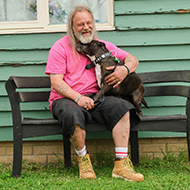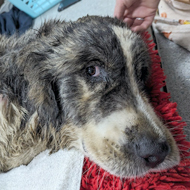The survey found that intent to own a practice decreased within a year of study.
Male students scored higher for confidence
More work is needed to explore the reasons for gender differences in leadership and career aspiration in veterinary students, according to a new study.
The research, published in Veterinary Record (Vol 179 No 16), concludes that a gender imbalance occurs in leadership and career aspirations - which is also evident in their occupancy of student leadership roles.
‘Students with higher confidence and self-esteem are more likely to demonstrate leadership aspiration and intent to own a practice,’ the authors write. ‘Leadership aspiration appears to decline with increasing years of study.’
In the study, researchers distributed an online questionnaire to veterinary students across the UK and Ireland. One thousand and eighty students from Edinburgh, Bristol, Liverpool and Nottingham universities, as well as the RVC, completed the survey.
Researchers noted a gender difference in intent to own a practice (83 per cent of males compared to 73 per cent of females). This was associated with higher confidence, self-esteem, previous experience of paid work and a previous position in a Students Union.
Furthermore, the survey found that intent to own a practice decreased within a year of study. Students in the first year were much more likely to aspire to own a practice than those in the final year.
Explaining the significance of their findings, the authors write: 'This study demonstrates the need for additional work to explore the reasons for gender differences in leadership aspiration in veterinary students, and also to further investigate the decline in practice ownership aspiration detected with increasing year of study.’
They add: ’The findings also offer the potential to inform veterinary business education strategies; for example, to address the lower leadership aspiration in students with lower confidence and self-esteem scores.’








